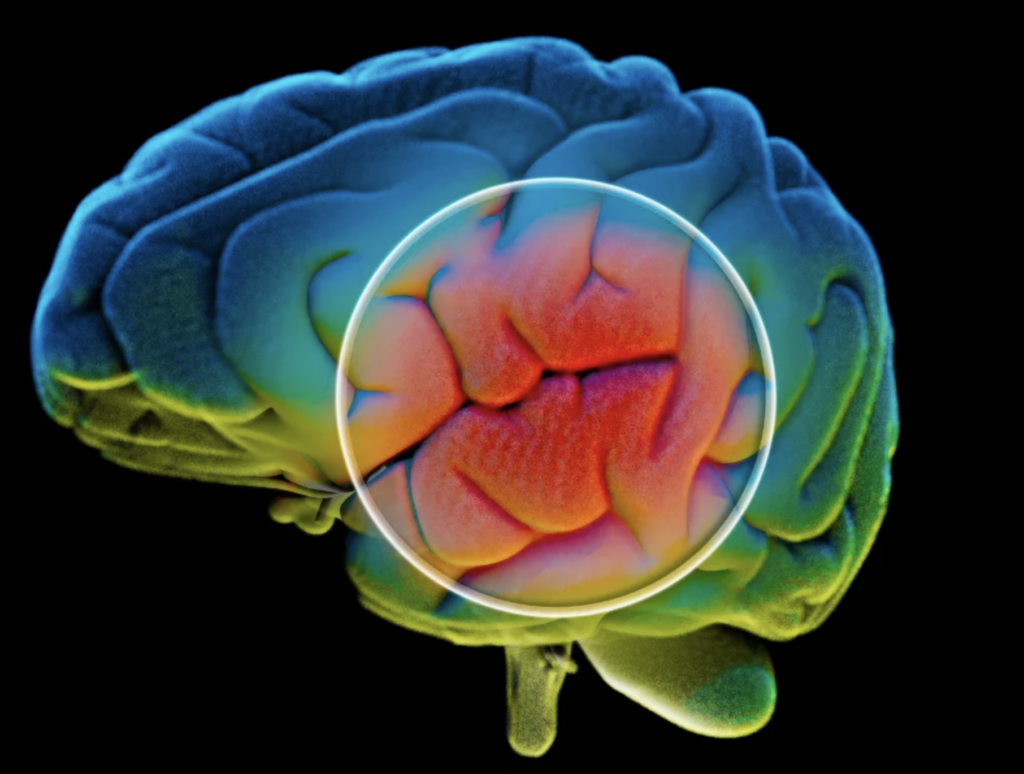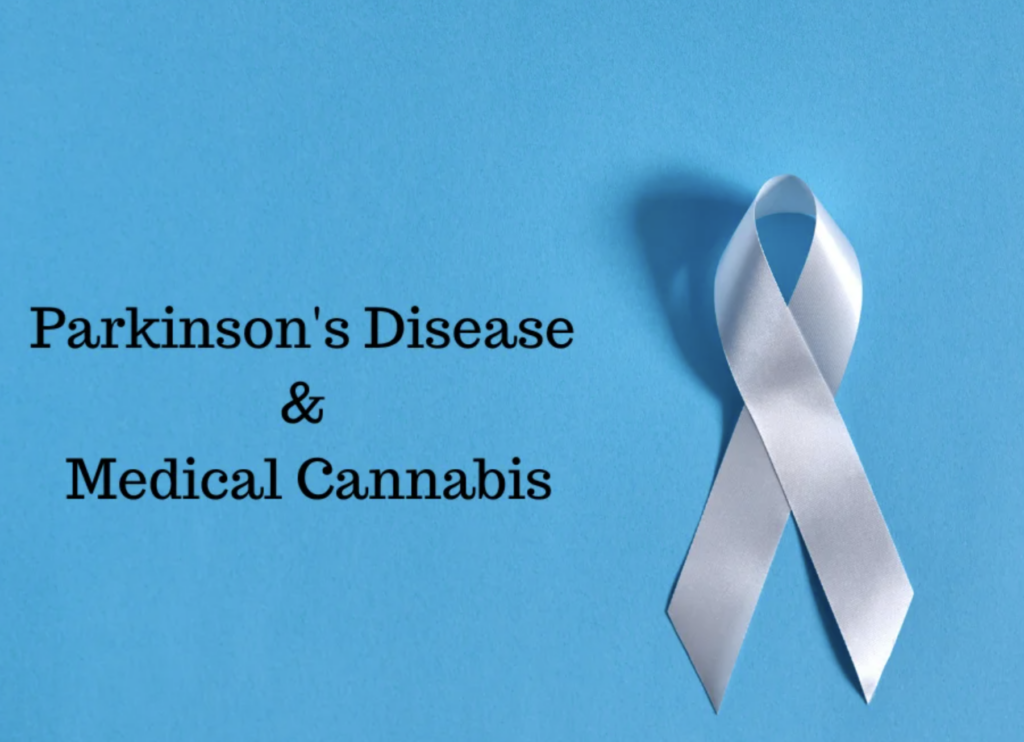
Medical cannabis has been proven to offer a plethora of therapeutic benefits for patients with many different conditions, diseases, and ailments. It seems everything from nausea, anxiety, and IBS to chronic pain, seizure disorders, cancer, and nearly everything in between can be benefited from the use of medical cannabis. Among those conditions for which medical cannabis may be beneficial for is Parkinson’s disease. Let’s take a closer look at what we know about Parkinson’s and medical cannabis.
What Is Parkinson’s?
Parkinson’s disease is a central nervous system disorder that directly affects one’s ability to move. This disease is typically characterized by body tremors. Parkinson’s disease and the symptoms caused by it are due to nerve cell damage in the brain. This nerve damage results in dopamine levels within the body decreasing, resulting in things such as stiffness in the muscles and joints, loss of balance, tremors, slow movement, and more. Parkinson’s disease symptoms, however, are not just related to movement. The disease comes with both movement and non-movement-related symptoms and complications. An extensive yet inconclusive list of the symptoms can be found below.
Symptoms
- Anxiety
- Breathing and Respiratory Issues
- Constipation and Nausea
- Delusions
- Dementia
- Depression
- Difficulty Swallowing
- Difficulty Walking or Moving
- Dizziness and Fainting
- Erectile Dysfunction
- Fatigue
- Hallucinations
- Loss of Smell
- Pain
- Skeletal and Bone Health Issues
- Skin Changes
- Sleep Disorders
- Stiffness
- Tremors
- Trouble Balancing
- Urinary Incontinence
- Vision Changes
- Weight Management Issues
According to the Parkinson’s Foundation, Parkinson’s disease is second only to Alzheimer’s as the most prevalent neurodegenerative disease. It is estimated that nearly 1 million people in the US alone live with Parkinson’s disease or PD for short. It is expected that this number will increase to exceed 1.2 million by as early as 2030. According to the Michael J Fox Foundation for Parkinson’s Research, the average age of diagnosis is around 60 years old. In addition to the signs and symptoms and complications that come along with Parkinson’s, it is estimated that up to 80% of those living with PD will also eventually develop dementia, with an average of a 10-year onset between diagnoses.
What Treatments Are Available for Parkinson’s?
There are no specific treatments for Parkinson’s as each person may experience a different combination of symptoms. Treatment of common symptoms and complications related to Parkinson’s disease includes the use of various medications, lifestyle modifications, and physical therapy. Medication options include those that increase the natural production of dopamine in the body, such as Rytary, Duopa, Levodopa, and others. Additionally, other pharmaceuticals may be prescribed to help manage things such as pain, nausea, skin conditions, fatigue, anxiety, depression, and other symptoms. These include opioids as well as other pain relievers, muscle relaxers, antidepressants, stimulants, and more. Because of the diversity of symptoms, ailments, and complications that can come with Parkinson’s disease, many patients are turning to medical cannabis.

What Does Research Say About Parkinson’s and Medical Cannabis?
According to research studies as well as surveys that have been conducted in nations around the world, medical cannabis may offer great relief from both movement and non-movement-related symptoms of Parkinson’s disease.
In a 2001 survey of Parkinson’s disease patients in Germany published in the Journal of Parkinson’s Disease, it was found that over 8% of PD patients reported embracing cannabinoid-based products, with over 54% of them reporting substantial benefits. Among the benefits of these patients reported from the use of medical cannabis for PD symptoms included relief in pain, muscle cramps, stiffness, tremors, depression, restless legs, and anxiety.
A 2022 survey performed by the Michael J Fox Foundation online platform Fox Insight along with professionals at the University of Colorado found that over 70% of respondents were utilizing cannabis to treat PD symptoms, with the most common consumption method being inhalation. The majority of respondents reported improvements in agitation, sleep, pain, and anxiety. Those taking higher doses of THC in comparison to CBD concentrations reported more significant benefits; however, not without an increase in side effects such as dry mouth and dizziness.
There’s a significant number of research studies concluding cannabis’s efficiency in relieving pain, nausea, sleep disorders, fatigue, depression, anxiety, skin conditions, and even sexual disorders, which are all common symptoms and complications that come with Parkinson’s disease. Additionally, cannabis has been found to offer neuroprotectant properties. In a 2021 study, researchers stated that “cannabis-derived phytocannabinoids and resveratrol may be useful neuroprotective agents for PD due to their antioxidative and anti-inflammatory properties.”
Are Parkinson’s Patients Using Medical Cannabis?
In 2017, researchers found that “about 44% of the population with PD and MS” was utilizing cannabis to address various symptoms related to those conditions. Another study from 2017 also stated that “Cannabis is widely used to self-medicate by older people and people with brain disorders such as amyotrophic lateral sclerosis (ALS), multiple sclerosis (MS), Alzheimer’s disease (AD), Parkinson’s disease (PD), bipolar disorder, and schizophrenia.”
It seems that PD patients are embracing the benefits that medical cannabis offers them, and based on what the research has shown regarding cannabis’ efficiency in relieving many of the symptoms related to PD, it seems these patients are making a smart decision. Not only does cannabis offer many therapeutic benefits for these individuals, but it is also much safer than the pharmaceutical and over-the-counter products they would otherwise use to seek relief.
How Do I Get a Medical Marijuana Card for Parkinson’s?
Parkinson’s disease, along with many of the symptoms in which it produces, are listed as qualifying conditions in states that offer medical cannabis programs. This means that in these states, those that have been diagnosed with Parkinson’s or that experience related symptoms may be eligible for medical cannabis. If this is you and you live in a state that offers a comprehensive medical cannabis program, it is time to get your medical cannabis recommendation! Once you receive your recommendation from a certified physician in your state for medical cannabis, you will be on your way to being certified for a medical marijuana card.
Disclaimer: The information, including but not limited to, text, graphics, images and other material contained in this article is for informational purposes only. No material from this article is intended to be a substitute for professional medical advice, diagnosis, or treatment. Always seek the advice of your physician or other qualified health care provider with any questions you may have regarding a medical condition or treatment before undertaking a new health care regimen. Never disregard professional medical advice or delay in seeking it because of something you have read on this website.
